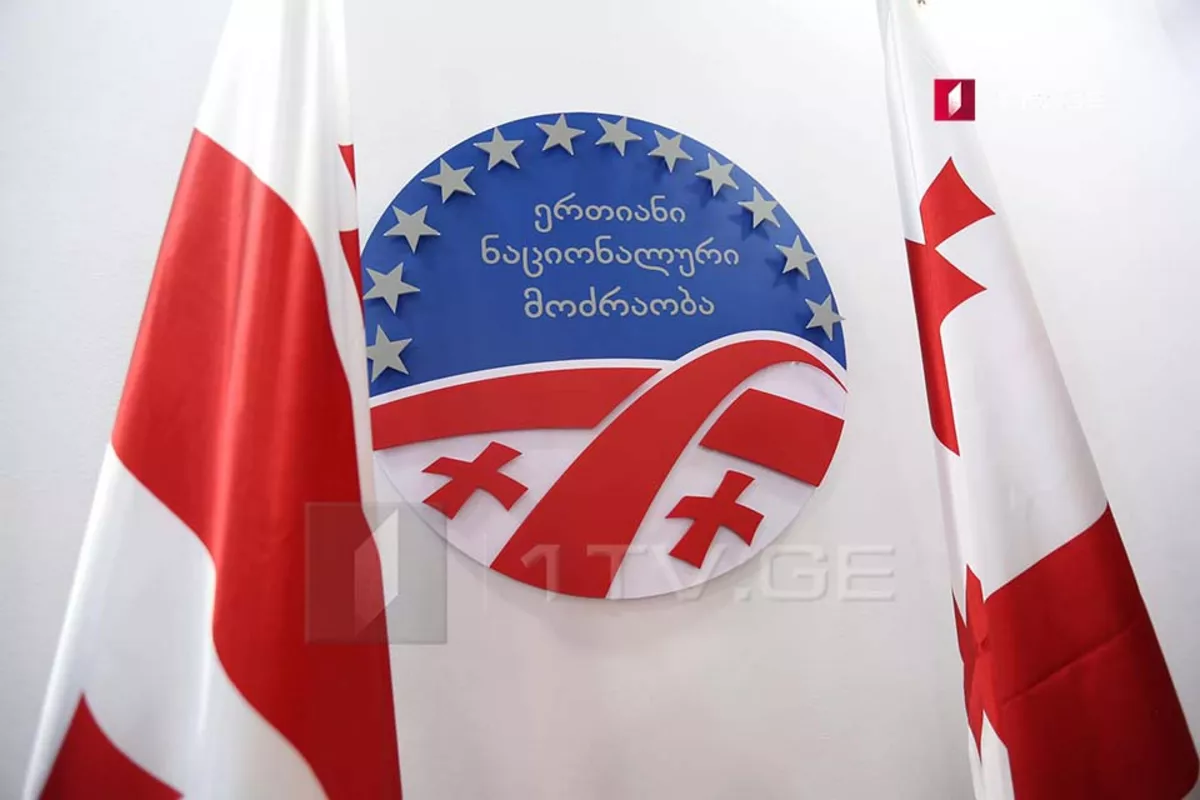
Photo credit: 1tv.ge
Georgia’s ruling party, Georgian Dream, has officially filed a petition with the Constitutional Court to ban three opposition parties, accusing them of attempting to undermine the country’s democratic order.
The move, announced Tuesday, has set off fierce debate in Tbilisi and beyond, with critics calling it a political purge and supporters saying it’s a defense of the constitution, The Caspian Post reports citing foreign media.
The proposed ban targets the United National Movement (UNM), the country’s main opposition force founded by former president Mikheil Saakashvili, along with Lelo, and Coalition for Change.
The petition was jointly submitted by Georgian Dream, its parliamentary ally People’s Power, and the European Socialists party.
Parliament Speaker Shalva Papuashvili told reporters the decision followed a parliamentary inquiry led by Culture Minister Tea Tsulukiani, which alleged the three parties had continuously “rejected the legitimacy” of Georgia’s elected authorities both domestically and internationally. According to Papuashvili, the complaint is based on constitutional provisions prohibiting activities that threaten Georgia’s democratic order or constitutional system.
The filing names three out of four opposition parties that cleared the electoral threshold in the 2024 parliamentary election, all of which boycotted parliament and refused to recognize the results. The fourth, former Prime Minister Giorgi Gakharia’s For Georgia party, avoided inclusion by taking its seats in parliament last week after nearly a year of abstaining.
Several of the targeted groups’ allies remain unaffected. Lelo’s coalition partner, Citizen, was not listed, nor were Strategy Agmashenebeli and Girchi, which have worked alongside the banned groups. Papuashvili said there was “no immediate need” to outlaw smaller parties lacking “structure or realistic electoral potential,” but hinted that others could later face review if they “gain significant influence.”
The opposition denounced the filing as a politically motivated crackdown. UNM chair Tina Bokuchava said the case “is not only about banning parties, but about destroying pluralism,” calling it a wake-up call for uniting pro-democracy forces. “Either we stand together now, or never,” she told Rezonansi.
Lelo leader Irakli Kupradze vowed “uncompromising resistance,” accusing Georgian Dream of pushing “anti-democratic and anti-European” measures. Elene Khoshtaria, head of Droa, called the move “illegal” and said her party would “fight to the end.”
President Salome Zurabishvili, who was once supported by Georgian Dream but is now one of its most outspoken critics, described the decision as something “a Russian regime would do,” adding that “banning opposition parties destroys democracy and the state itself.”
Meanwhile, For Georgia MP Giorgi Sharashidze cast doubt on the seriousness of the initiative, calling it a “fake campaign” designed to keep UNM as a convenient political enemy. “Georgian Dream will never get rid of the UNM factor because it needs it to stay in power,” he said.
Political analysts interviewed by Rezonansi saw the move as mostly symbolic. Petre Mamradze, a former government adviser, argued that banning parties “will not shift the political dynamic” and is likely to generate short-term tension before fading into routine. Vakhtang Dzabiradze, another analyst, said Georgian Dream is seeking “revenge” but predicted that the dispute would ultimately strengthen its dominance inside parliament.
The case could open new rifts among opposition partners, who are already divided between some that boycott elections and some that participate.
The Constitutional Court’s The Constitutional Court has up to nine months to reach a decision in the case, which means a verdict is expected by mid-2026.
Share on social media